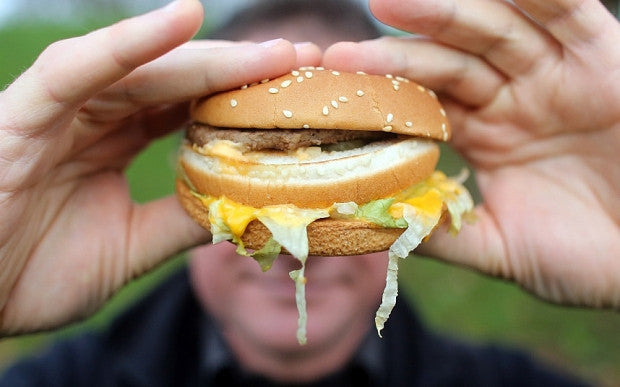
Written by Laura Donnelly
A study of more than 60,000 dieters finds those who cut back on bread, pasta and potatoes lost more weight than those who cut back on butter and cheese.
Cutting carbohydrates is far more effective than a low-fat diet in shedding the pounds, a major Harvard study has found.
The analysis of 53 studies, involving 67,000 dieters found who cut back on fat were two and a half pounds heavier after a year than those who embraced a “low carb” approach.
For decades, there has been debate over the merits of a low fat diet, which was endorsed as the best route to weight loss in the 1970s.
Now major research, published in the Lancet Diabetes & Endocrinology, backs a low carbohydrate approach as a more effective diet.
The study by Brigham and Women's Hospital and the Harvard T.H. Chan School of Public Health looked at all previous studies from clinical trials that compared the effect of low-fat diets versus other approaches, at least one year later.

It analysed data from 53 studies with 68,128 participants that were designed to measure the difference in weight change between two groups.
Those that included dietary supplements or meal replacement drinks were excluded.
On average participants across all groups were six pounds lighter one year later
Compared with low-fat diets, participants in low-carbohydrate weight loss interventions were about two and a half pounds lighter.
Low fat diets were still better than “usual diet” when participants did not change their eating habits at all, scientists said.
Dr Deirdre Tobias at Bingham's Division of Preventive Medicine said: "Despite the pervasive dogma that one needs to cut fat from their diet in order to lose weight, the existing scientific evidence does not support low-fat diets over other dietary interventions for long-term weight loss."
"In fact, we did not find evidence that is particularly supportive of any specific proportion of calories from fat for meaningful long-term weight loss.”
The study found low carbohydrate diets were the most successful.
But doctors said any diet which reduced portion size and focussed on a healthy balanced range of fresh and unprocessed foods could form an effective route to weight loss.
Dr Tobias said: "We need to look beyond the ratios of calories from fat, carbs, and protein to a discussion of healthy eating patterns, whole foods, and portion sizes.
"Finding new ways to improve diet adherence for the long-term and preventing weight gain in the first place are important strategies for maintaining a healthy weight."
Professor of Nutrition and Epidemiology Frank Hu at Harvard said: "Current evidence indicates that clinically meaningful weight loss can be achieved with a variety of dietary approaches.
"The key is to improve long-term compliance and cardiometabolic health.”
It follows previous research which has found a low fat diet is less effective for weight loss.
Prof Tom Sanders, Professor emeritus of Nutrition and Dietetics, King's College London, said the findings were not surprising because dieters find it easier to reduce bread, potatoes and rice than to cut back on fats.
He said the key message from the research is that overall calorie intake determined the extent of weight loss, however it was achieved.
“In order to control body weight, it still remains sensible advice to eat less (restrict portion size) and avoid consuming excess amounts of fat and sugar especially as fatty meat, deep fried foods, cakes and biscuits and sugar-sweetened beverages,” he said.


















